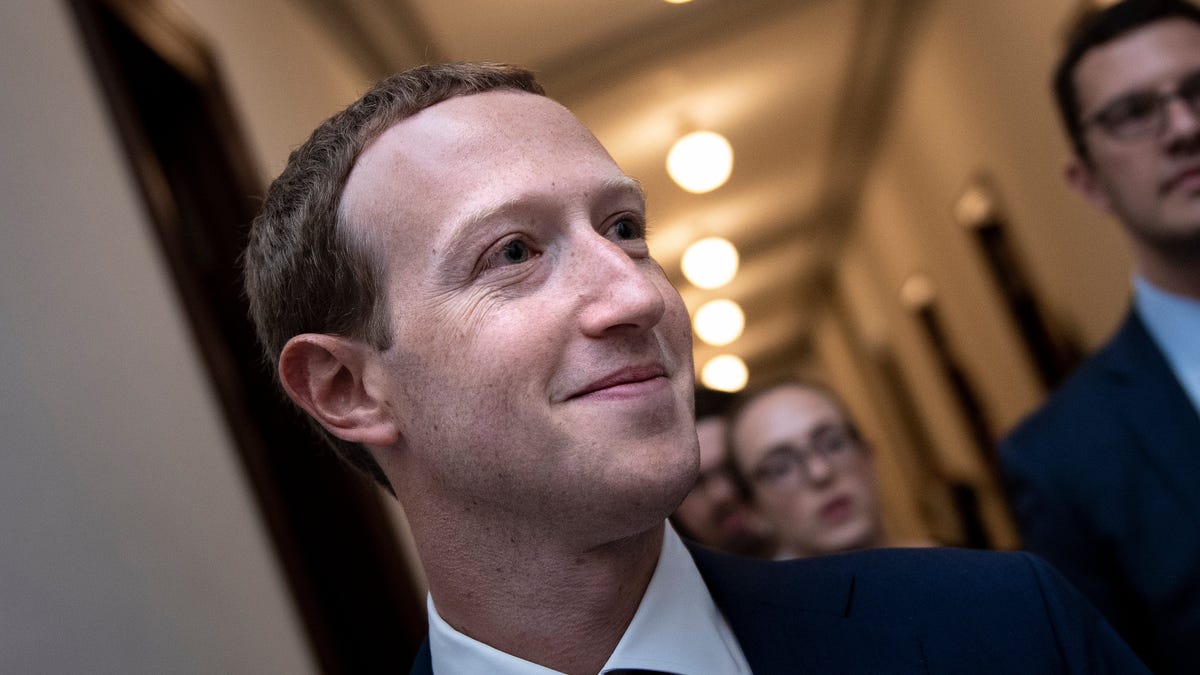Fox News Flash top headlines for April 16
Fox News Flash top headlines are here. Check out what's clicking on Foxnews.com.
Get all the latest news on coronavirus and more delivered daily to your inbox. Sign up here.
Facebook is canceling all events with 50 or more people through June 2021 in response to the coronavirus pandemic, CEO Mark Zuckerberg announced Thursday.
"Even beyond this next period, guidance from health experts is that it won't be advisable to have large groups of people get together for a while. Given this, we're canceling any large physical events we had planned with 50 or more people through June 2021," Zuckerberg said in a Facebook post.
The CEO said some of the planned in-person events would now be virtual, and the company is extending its ban on business travel through June of this year. He extended the company's work-from-home policy for most of its 44,942 employees through at least the end of May.
AMAZON MAY TEST ALL EMPLOYEES FOR CORONAVIRUS, CEO JEFF BEZOS REVEALS

Facebook CEO Mark Zuckerberg announced plans to stop holding larger group gatherings through June of 2021. (Getty Images)
Zuckerberg also looked ahead to a time when the company's workers could begin to return to work, seeming to take a measured approach.
"We've also let our employees know that even after more of our teams can return, if there's any reason they feel they can't work in our offices -- because they are in a vulnerable population, because with schools and camps canceled they don't have childcare, or anything else -- that they can plan to work from home through at least the summer," he said in the post.
By keeping most Facebook employees at home for a longer period of time, Zuckerberg said he hopes to help mitigate the spread of COVID-19.
FORMER GOOGLE CEO SLAMS FEDERAL GOVERNMENT'S CORONAVIRUS RESPONSE
"Most Facebook employees are fortunate to be able to work productively from home, so we feel a responsibility to allow people who don't have this flexibility to access shared public resources first," he added.









































